Now live as of January 1, 2023!
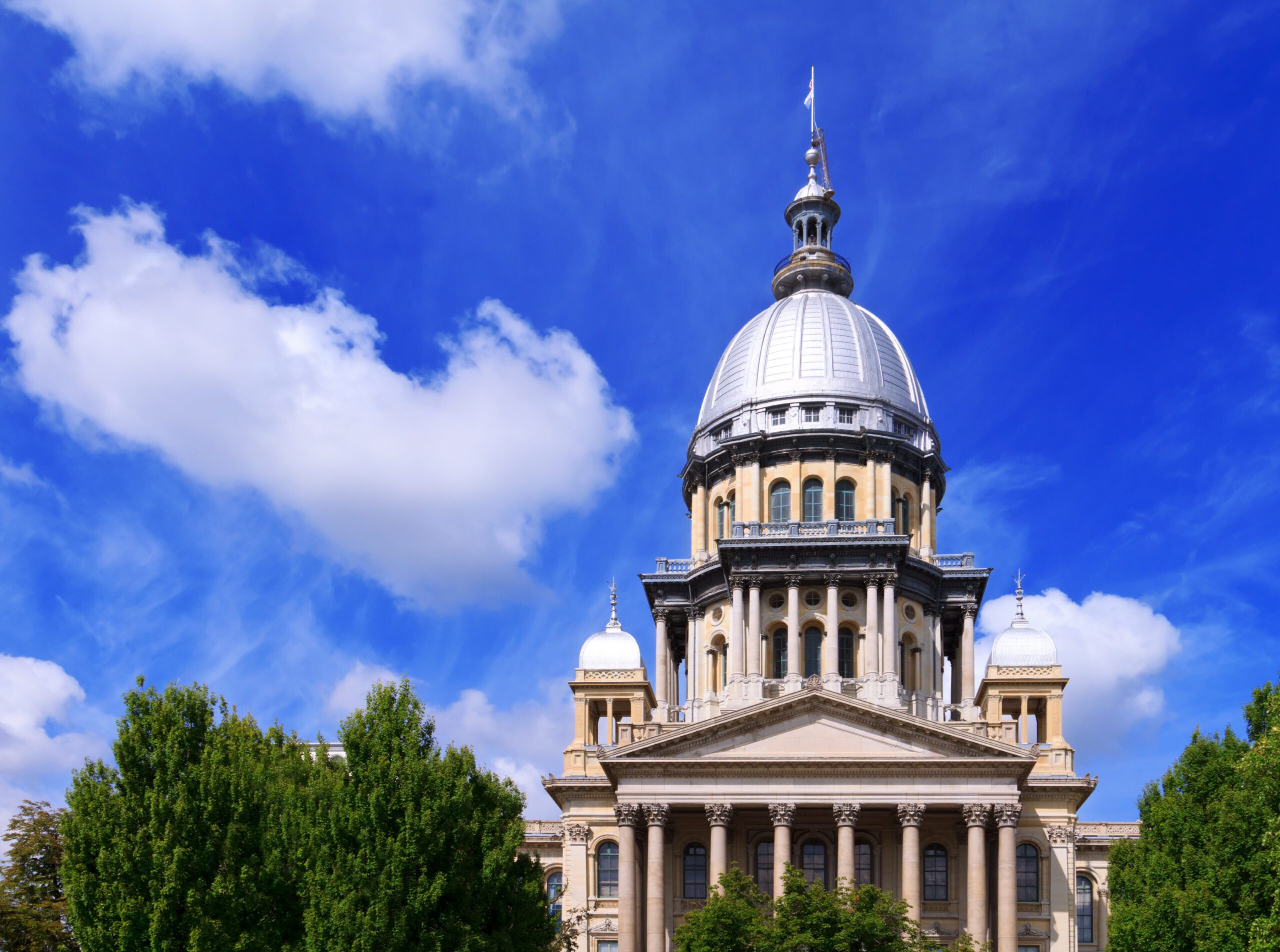

On January 1, 2023, Washington state joined other forward-thinking states like California and Oregon as they launched the Clean Fuel Standard (CFS) program. Washington State’s CFS is administered by the Department of Ecology and aims to curb carbon pollution from the transportation sector by eliminating 4.3 million metric tons of carbon by 2038.
Washington’s new Clean Fuel Standard works similarly to the Oregon and California programs. The CFS will issue credits to fleets of vehicles and equipment that utilize clean fuels, such as electricity, in their operations. These credits are traded on an open market where regulated entities who are producers or importers of high carbon intensity (CI) fuels such as petroleum are mandated to purchase the credits. This gives companies of all sizes, as well as state and local agencies, a new revenue stream. Participating companies can use this revenue to reinvest in electrification, upgrade their operations, fund new sustainability projects and more just for charging their electric vehicles or equipment. Simply put, receive earnings with every charge.
Clean fuel programs in California and Oregon are already seeing the benefits. Since it began in 2016, Oregon’s Clean Fuels Program (CFP) has been successful in reducing almost 6 million tons of greenhouse gas emissions and displacing over 1 billion gallons of fossil fuels. As of 2021, under the Low Carbon Fuel Standard (LCFS), which was implemented in 2011, California has displaced almost 9.3 billion gallons of petroleum diesel with clean, low-carbon alternatives such as renewable and bio-diesel, renewable natural gas, ethanol, and electricity.
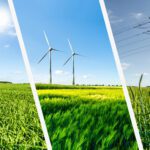
States such as Washington create clean fuel programs to reduce greenhouse gas emissions in the transportation sector

Owners and operators of electric fleets generate credits by charging their equipment and increasing the penetration of electric equipment in their fleet.
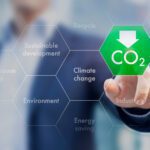
Credits are sold to regulated entities that must offset deficits they accrue from the sale and production of high-carbon fuels to be in compliance with regulation
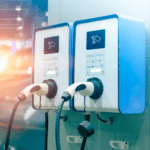
Owners and operators of electric fleets continually earn revenue from these transactions to reinvest in their electrification efforts.
Forklifts
Pallet Jacks
Order Pickers
Walkie Riders
Reach Stackers
eTRUs
Light Duty Vehicles
Heavy Duty Vehicles
Class 6-8 Trucks
Electric Buses
DC Fast Charging Stations
Electric Public Works Vehicles
Electric Utility Trucks
Light Duty Vehicles
Heavy Duty Vehicles
Light Rail Systems
eTRUs and Hybrid Refrigeration Units
[ 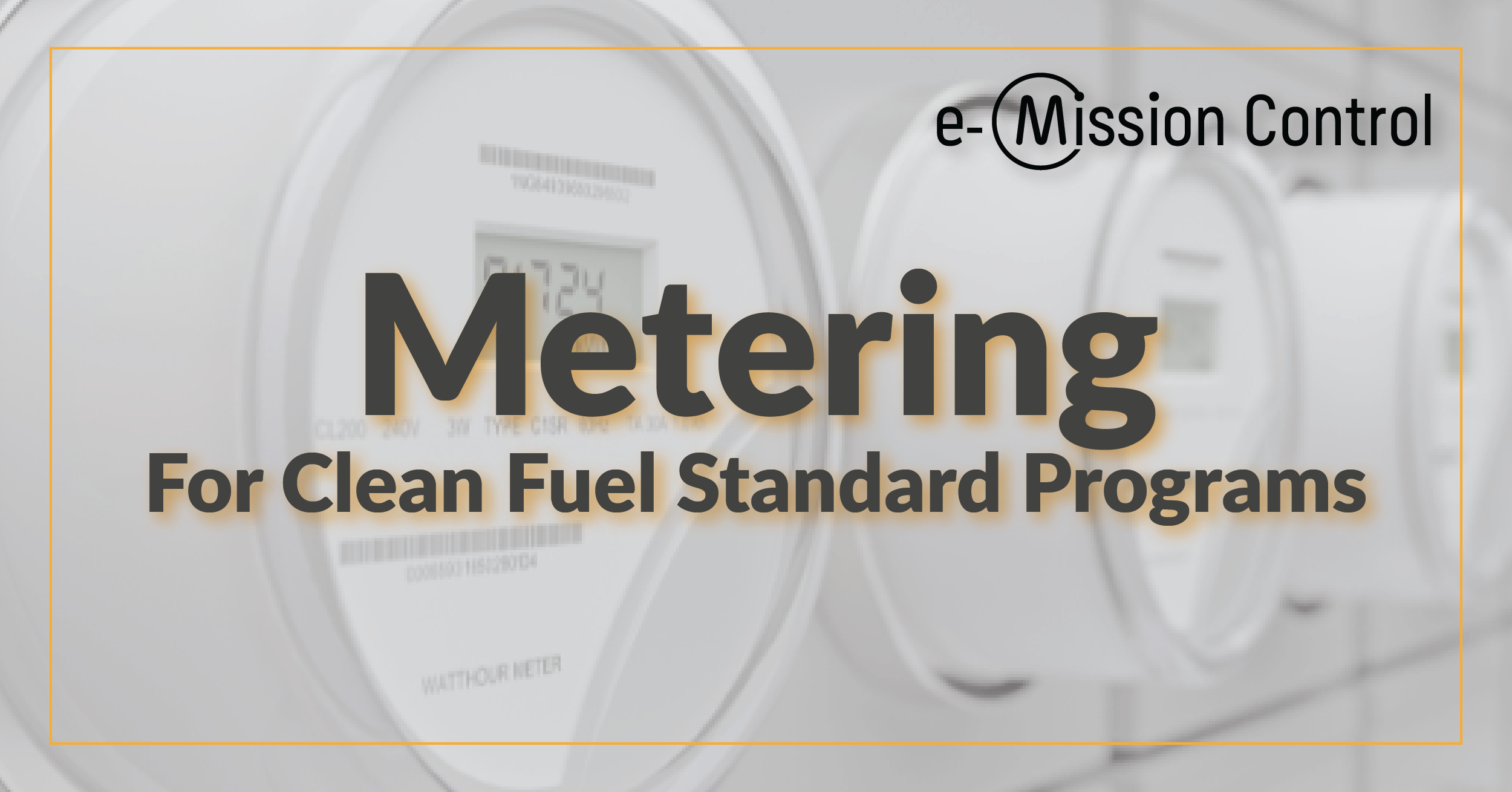
](https://www.usefuse.com/2023/07/26/clean-fuel-standard-program-metering-enhancing-data-accuracy-and-transparency-for-electric-forklift-fleets/)### Clean Fuel Standard Program Metering: Enhancing Data Accuracy and Transparency for Electric Forklift Fleets
Anna Callahan July 26, 2023 No Comments
Clean fuel standard program metering is crucial for generating accurate data, specifically for electric material handling equipment, such as forklifts. The increasing shift from estimation methodologies to metering for forklifts […]
[ 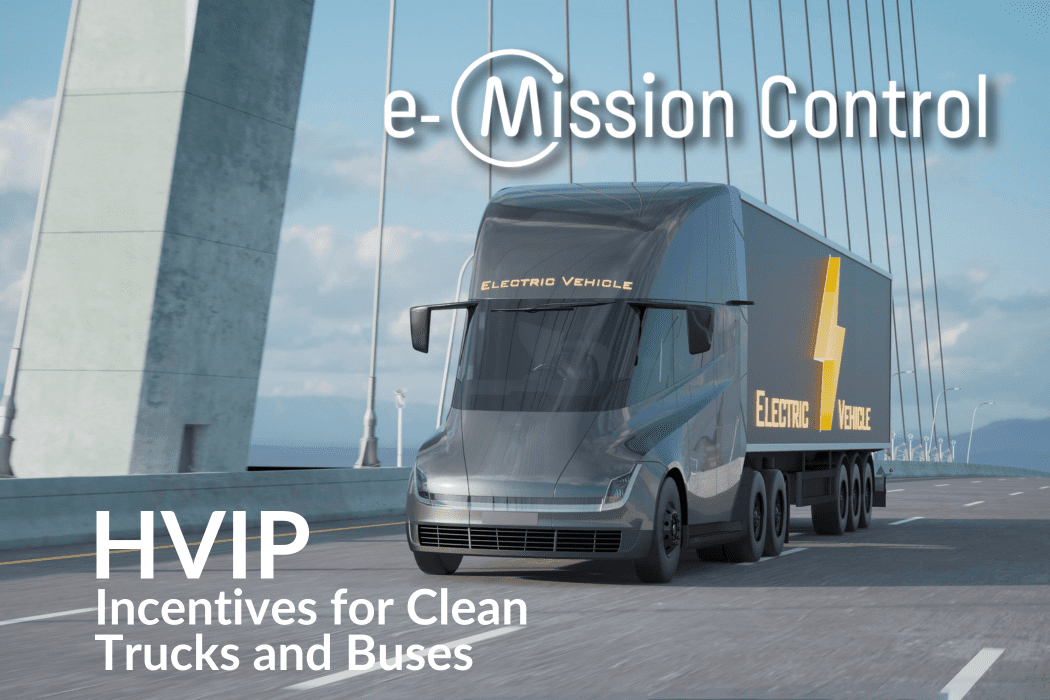
](https://www.usefuse.com/2023/07/26/funding-rundown-californias-hvip-hybrid-and-zero-emission-truck-and-bus-voucher-incentive-project/)### Funding Rundown: California’s HVIP – Hybrid and Zero-Emission Truck and Bus Voucher Incentive Project
Anna Callahan July 26, 2023 No Comments
Do you own aging trucks or buses? Replacing them with cleaner vehicles represents a significant investment, which is why HVIP was created. California’s Hybrid and Zero-Emission Truck and Bus Voucher […]
[ 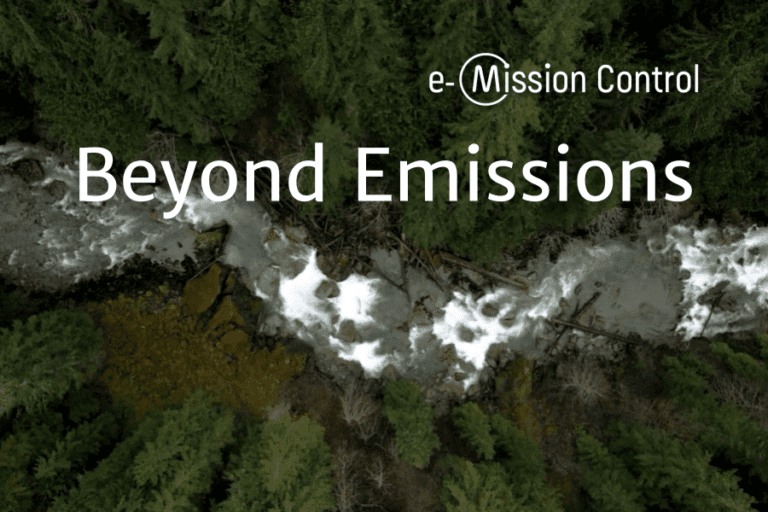
](https://www.usefuse.com/2023/07/24/beyond-emissions-four-major-areas-of-impact-of-clean-fuel-standard-programs/)### Beyond Emissions: Four Major Areas of Impact of Clean Fuel Standard Programs
Anna Callahan July 24, 2023 No Comments
Could clean fuel standard programs have a sweeping impact on climate, public health, national security, and the economy? The Low Carbon Fuels Coalition believes so. On June 27, 2023 the Low Carbon […]
[ 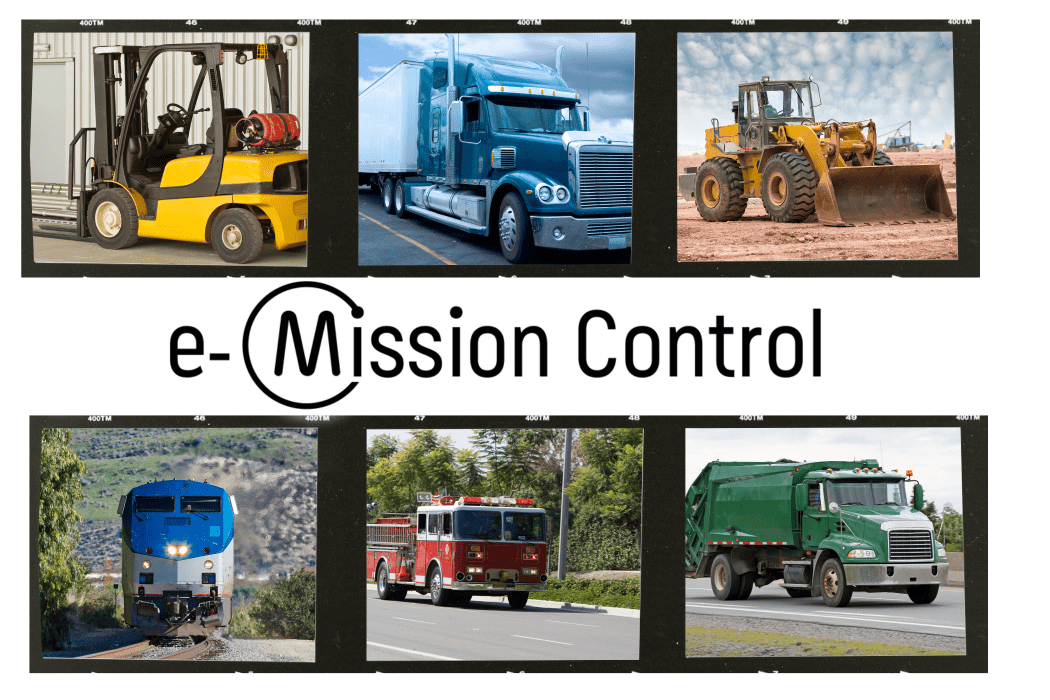
](https://www.usefuse.com/2023/06/15/funding-rundown-carl-moyer/)### Funding Rundown: Carl Moyer
Anna Callahan June 15, 2023 No Comments
As a leader in the clean transportation revolution, California has a variety of grants and funding available to encourage fleets to switch from fossil fuels to the fuels of the […]
[ 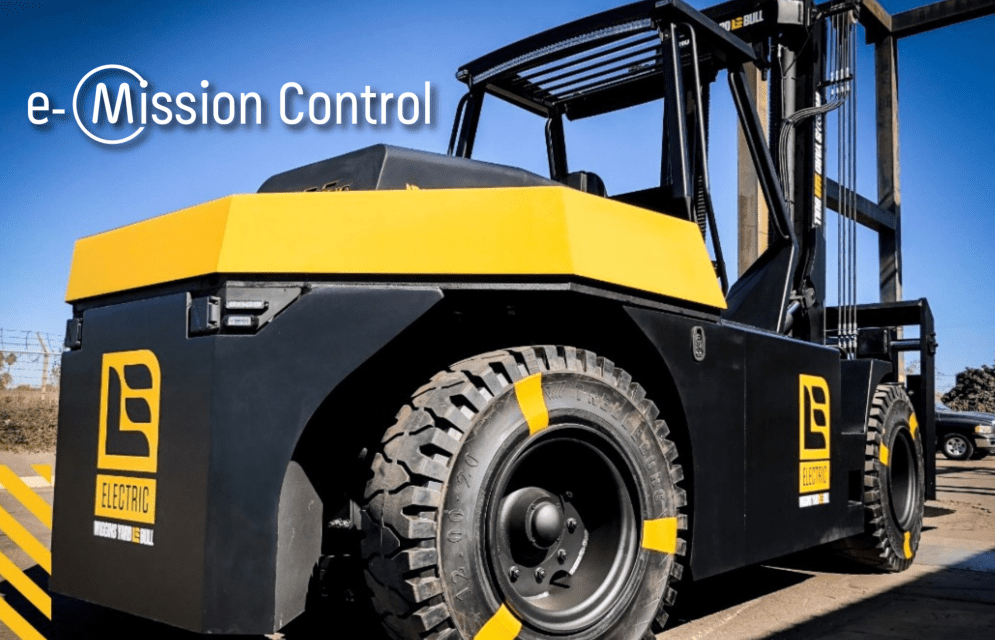
](https://www.usefuse.com/2023/05/30/funding-rundown-core-june-15-2023-deadline-for-manufacturers/)### Funding Rundown: CORE (June 15, 2023 Deadline for Manufacturers)
Anna Callahan May 30, 2023 No Comments
Electrification of a fleet represents a significant investment of time and money for many companies and can be burdensome for small companies especially. Fortunately in California, there are various funding […]
[ 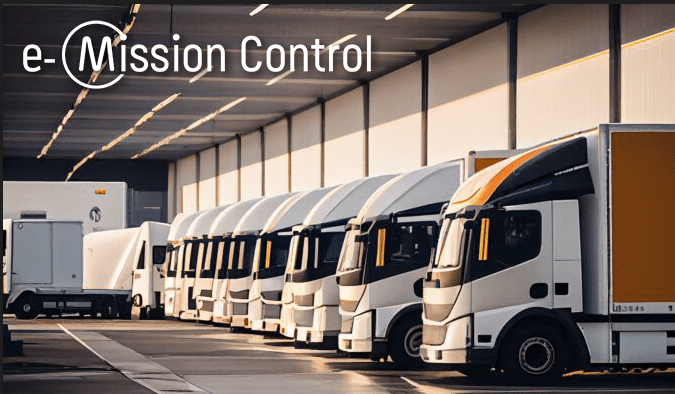
](https://www.usefuse.com/2023/05/12/californias-new-advanced-clean-fleets-acf-rule/)### California’s New Advanced Clean Fleets (ACF) Rule
Anna Callahan May 12, 2023 No Comments
In a groundbreaking move, the California Air Resources Board (CARB) unanimously adopted the Advanced Clean Fleets (ACF) rule on April 28, 2023, after a three-year development process. Billed by CARB […]